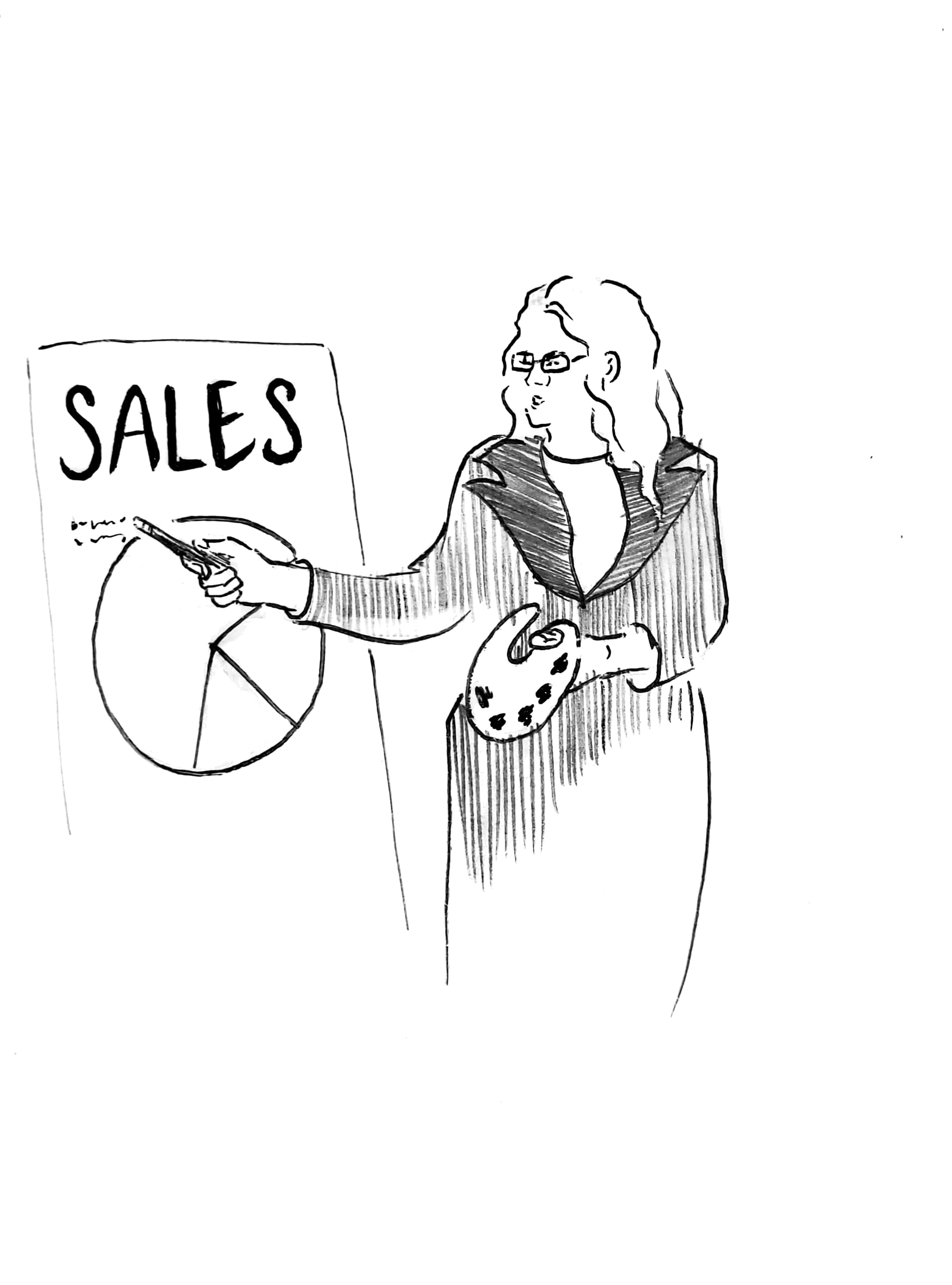Four leaders in and around Concordia’s community spoke on how they implement creativity into their leadership approach.
In a polarized world, it is important to have leaders who focus on positivity, encouragement, and humanity. Being a leader now means being approachable and open, working well with colleagues, and honouring one’s role and connections. From top executives to middle management, creative leaders seek out purpose in their decisions, turning the activity of leading people into a masterpiece.
“I see leadership as an art in complex strategizing and continuous motivation and support of my team at work as well as my community,” said Kseniya Shibanova, team lead at Keywords Studios, a gaming company in Montreal. Being adaptable and open-minded while staying firm and true to yourself at the same time is not an easy task, and for Shibanova, it requires creativity and strong vision.
Shibanova believes that there is no reason to limit your creativity when it comes to leadership—it’s important to keep testing different approaches.. “I’m always striving to be innovative and test various ideas with my team. It can be in finding new ways to motivate or in creating custom solutions that will satisfy the need and keep everyone happy at the same time.”
For Christopher Menard, head chef of Bottega Pizzeria, employee satisfaction is a top concern in team leadership. “It’s really important to me to make sure that my staff is happy. I try to strike a good work-and-life balance for everyone,” he said.
The chef, who has been cooking professionally for over 20 years, believes that a team achieves better results with someone who leads naturally. “I have worked with many chefs, and in doing so [I] was able to really pick and choose my leadership styles. I know exactly what’s going on in the kitchen at any moment and always know whether or not we are ready for a busy service. This is art,” Menard said
Chrissy Jean, a learning and development specialist in Montreal, highlighted how crucial it is for organizations to provide training to aspiring leaders in their teams. “Just like any art, we also get better at being a leader through practice and continuously improving ourselves. I believe that leadership is not an entitlement in which someone is born into the role,” she said.
According to Jean, investing in a broad vision can be a valuable strategy to improve ways of leading and guiding people: “Leadership is a rewarding, fruitful and wonderful journey. Practice your resilience, open your mind to feedback, and keep working at the amazing artform, you will be empowered to lead your people to achieve the common goal.”
Michael Netto, teaching a leadership diploma course at Concordia University, believes that leaders must steadfastly drive towards the goals that align with their visions. “Leaders need to not only consider the voices of those followers, but to the voices of those who offer opposing perspectives. Those perspectives may help in discovering innovative ways to drive towards their goals,” he said.
Netto believes that leadership is not restricted or reserved for those in politics or industry: it is most definitely an art, coupled with scholarly learnings. “Learn from the ones who have walked before you, learn from those who walk beside you, and continue learning from those who follow. With an open mind, you can better lead to serve those around you,” he concluded.
